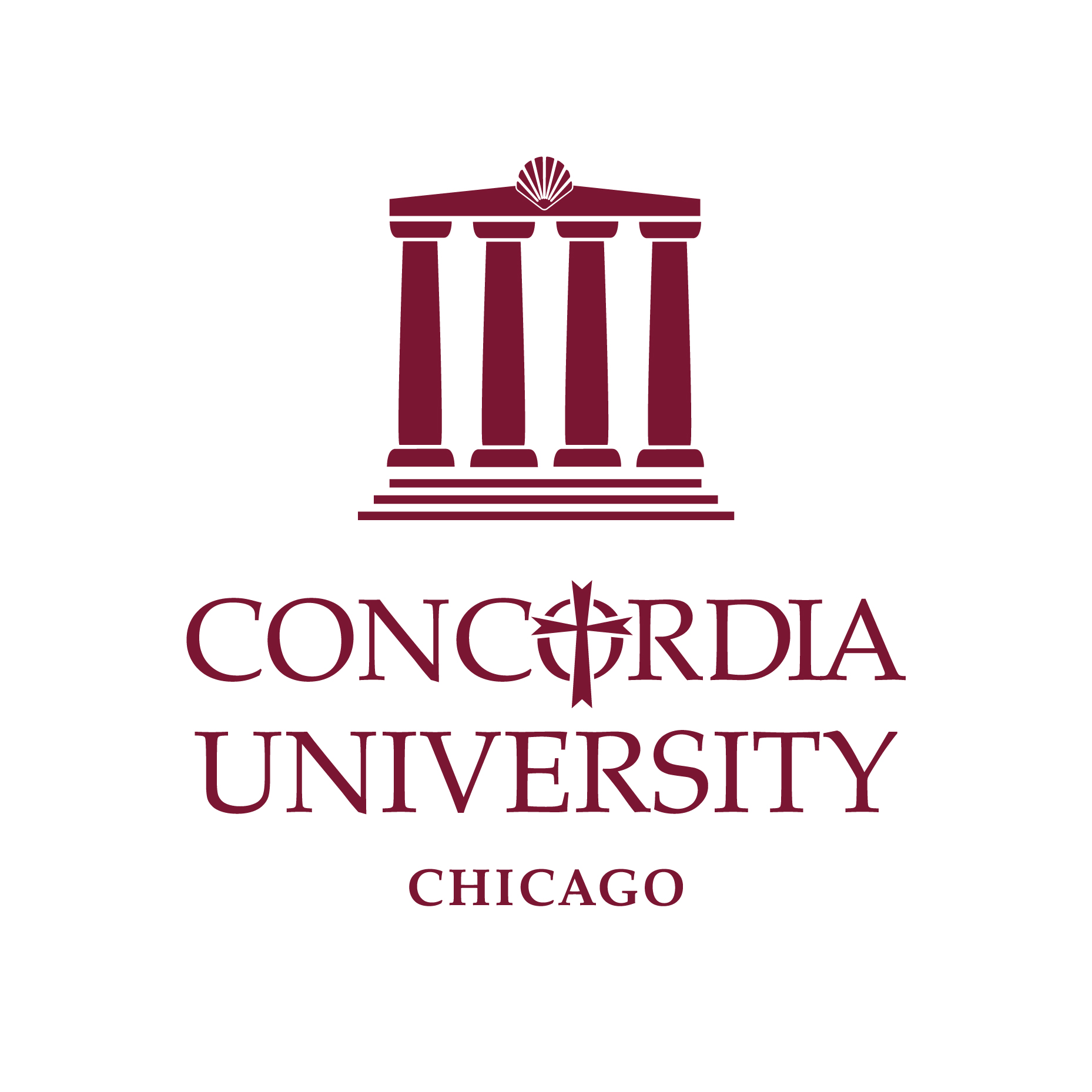Gain analytical and leadership skills required to excel in accounting with this MBA specialization.
Specialization Information
MBA Accounting Courses
MBAA-6355 Financial Reporting and Analysis This course focuses on the techniques of sound fundamental analysis. It is designed to develop skills in financial statement analysis with emphasis on organizing and summarizing financial data for decision-making and reliability of financial data. This course will have an emphasis on financial and accounting analysis, which includes documenting a firm's profitability relative to past performance and comparable firms, ratio analysis, accounting quality and earnings management. Prerequisite: B or higher in ACC-3200.
MBAA-6360 Applied Data Analytics and Visualization This course will focus on data preparation, data visualization, business data analysis, data interpretation, data storytelling and analytics-based decision making. The course emphasizes a problem-oriented approach utilizing software applications such as Tableau, Python and Excel for data analysis and visualization. The course will expose students to data literacy with a core of accounting, data analytics, tax and accounting information systems, and develop specific skills and concepts that are required to be successful in the business world and be prepared for topics included on the CPA exam. Prerequisite: B or higher in MBAC-6040.
MBAA-6365 Advanced Topics in Business Analysis and Reporting This course will address additional topics covered in the Business Analysis and Reporting (BAR) concentration of the CPA exam. These topics will include nonprofit accounting, lease accounting, derivative and hedge accounting, risk analysis, and revenue recognition. Prerequisite: B or higher in MBAC-6355.
Seminar in Higher Education (EDU 6015)
In addition to the base program curriculum, international students attending face-to-face classes on the CUC campus are required to take the Seminar in Higher Education, a 3-credit course. This requirement will not apply to international DBA students studying exclusively online.
Admission Counselor
Connect with your admission counselor.
